The Question if Recession
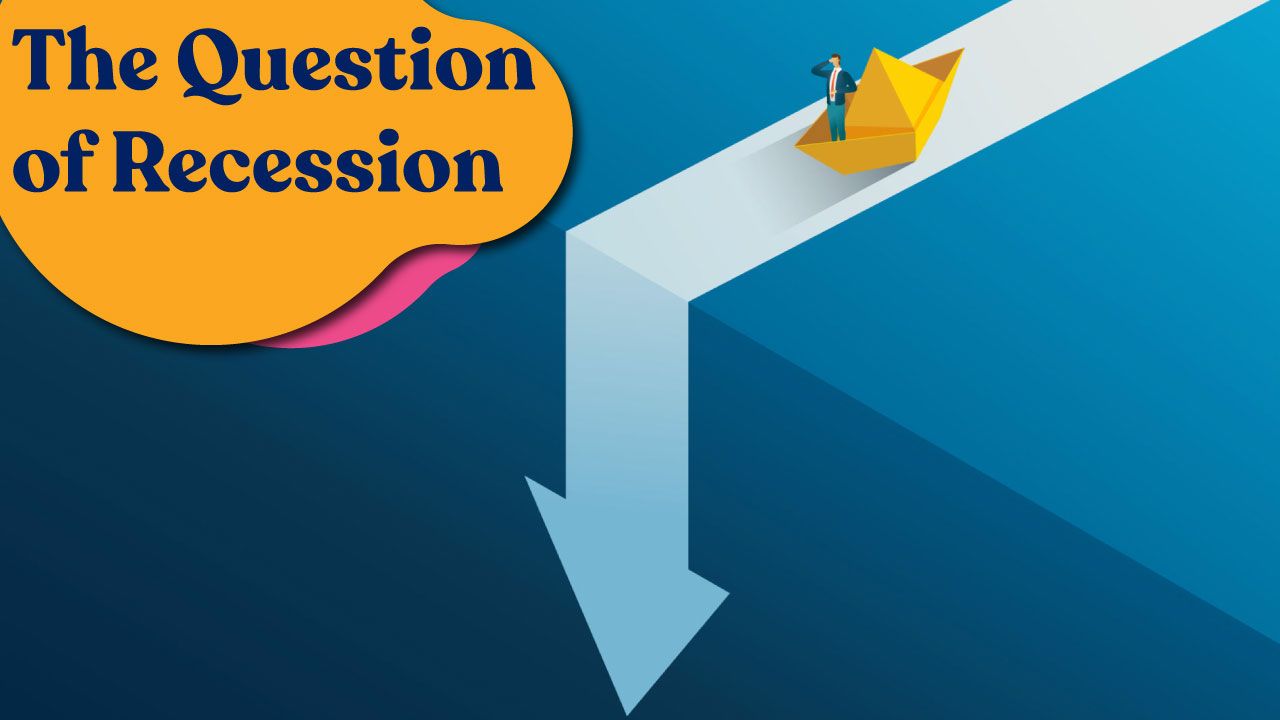
Let’s demystify a term that frequently makes headlines but is often misunderstood: recession. It’s easy to get sucked into doom and gloom thinking, which can erode your confidence when approaching corporates and undermine your negotiation.
A recession definition
A recession is typically defined as a significant, widespread and prolonged decline in economic activity across a country or region. A common rule of thumb is that two (2) consecutive quarters of negative gross domestic product (GDP), reflecting a decline in output and income, means recession[1]. However, it's important to note that the term ‘recession’ is not just about numbers and statistics; it has real-life implications for businesses, individuals, and the overall economy.
Economic Downturn definition
While a recession is generally associated with a decline in GDP, an economic downturn can be a broader term encompassing various indicators, such as rising unemployment, falling consumer spending, and decreased business in...
Meet the Humans Behind BePartnerReady.com®: Sally
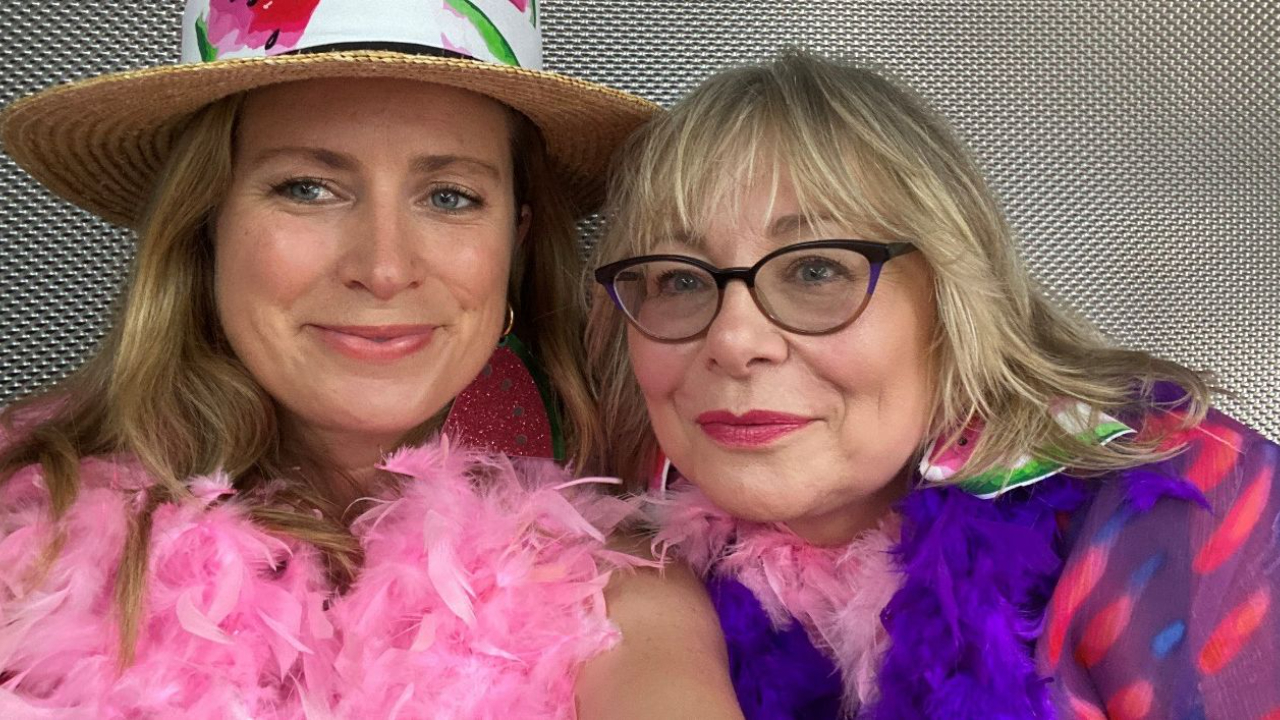
Sally & Hailey at Harry Styles, February 2023
When Hailey met Georgia in 2019 she’d been running her modular training program for 22 years. The popular program, HeartSmart®, was delivered via Masterclasses and later as a physical toolkit.
Georgia and Hailey’s vision for the program was to take it online, and thankfully Georgia had all the skills needed to make that a reality. However, Hailey knew that there was one critical element to the program that had to be resolved before they could move forward.
That one thing? Finding a way to enable non-profits to place a dollar value on their assets, that didn’t involve outsourcing to a media expert.
“We need to find someone that has the skill and breadth of experience to create a DIY model , otherwise an online program simply won’t work” said Hailey. “But I know just the person who could do it for us”.
Enter Sally Phelps, who was Business Director at global media & communications agency, Starcom. Hailey and Sally met a few years prior ...
Meet the Humans Behind BePartnerReady.com®: Tyrone
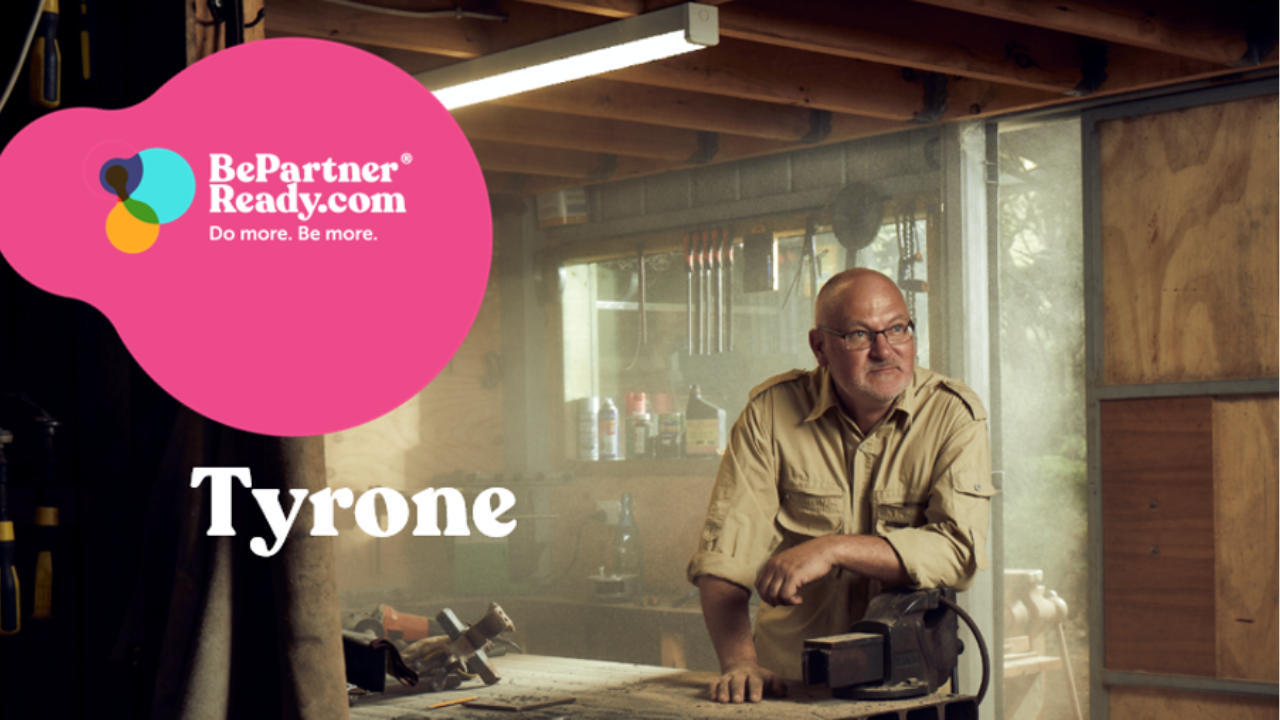
Back in 2019, Hailey was burned out from running a small business for 24 years. Her husband Tyrone – and rock of 19 years – was concerned. The vibrant, funny woman he’d met all those years ago was depressed, despite having built over 50 partnerships investing over $40 million into charities, she felt like a failure. One day, his wife came back from the shops with a glint in her eye. It wasn’t a purchase that had done it, she’d met a young lass named Georgia. Hailey felt it was a serendipitous meeting. It was. Georgia had the skills Hailey lacked (online technology, social media, filmmaking, editing to name a few) and the energy and enthusiasm only a 23 year old has.
After one meeting it was clear the two women were going to create magic together. Georgia insisted on getting Hailey’s training for non-profits into an online format so that it was not lost forever. But skills and enthusiasm were not enough, money was required to set up a new business (trademark, logo design, registr...
Becoming an Overnight Success: Part 2

Patience. Not very sexy is it? Not as appealing as success! But they go hand in hand. Bill Gates, of all people, knows this to be true.
In my blog last week, I highlighted the internal factors that underpin a successful approach in corporate partnerships. Here, I tackle the EXTERNAL factors.
External
Is there appetite within the corporate community to partner with your cause? Does your charity/non-profit sit within the top 3 causes that prompt consumers to switch corporate brands to support you?[1] What’s the current corporate sentiment towards partnerships, given we’re at the precipice of an economic downturn? Understanding the corporate landscape, the four purses that you can tap into and the reasons for partnering, is vital. I find it extraordinary that some non-profits invest in training about major gifts, fundraising, bequests etc to hone their skills and understand the giving environment, but assume corporates are the same. They’re not.
And the last thing – the most importa...
Becoming an Overnight Success: Part 1
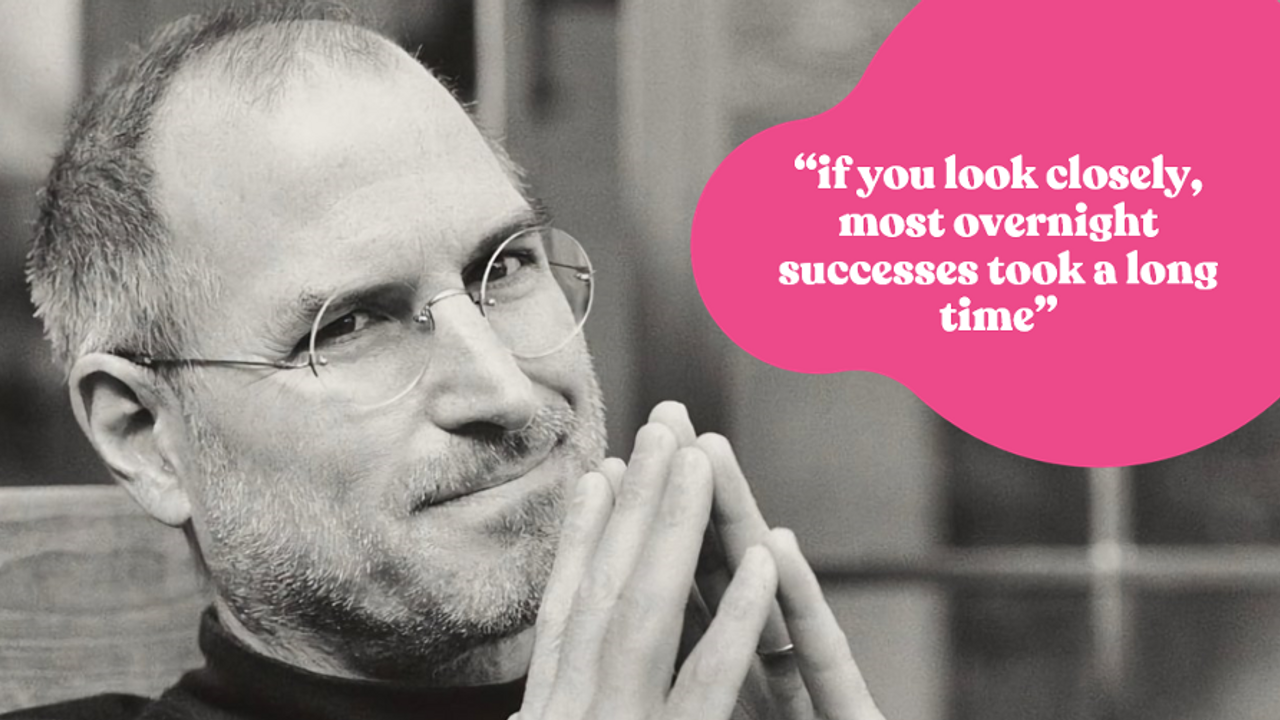
Let’s stop right there. There’s no such thing as an overnight success. If you embark on a corporate partnership strategy thinking that success will come quickly or, that getting money out of corporates is easy, you’re setting yourself up to fail, in a most spectacular fashion.
So, what IS achievable in corporate partnerships? What DOES it take to achieve success? There are two major things to consider here. INTERNAL factors and EXTERNAL factors. This week I dive into INTERNAL.
Internal
Is your organisation actually ready to pursue corporate partnerships? Within readiness there are two levels – 1) ORGANISATIONAL readiness and 2) PARTNER readiness.
1) Organisational readiness factors include having clarity on; the societal problem your organisation solves; what you do with clear brand essence and values; and what you have to offer (specifically). You need support from board & management, an attitude of abundance (‘needy’ charities are not favoured) and resourcing – having the r...
The Largest Purse of them All
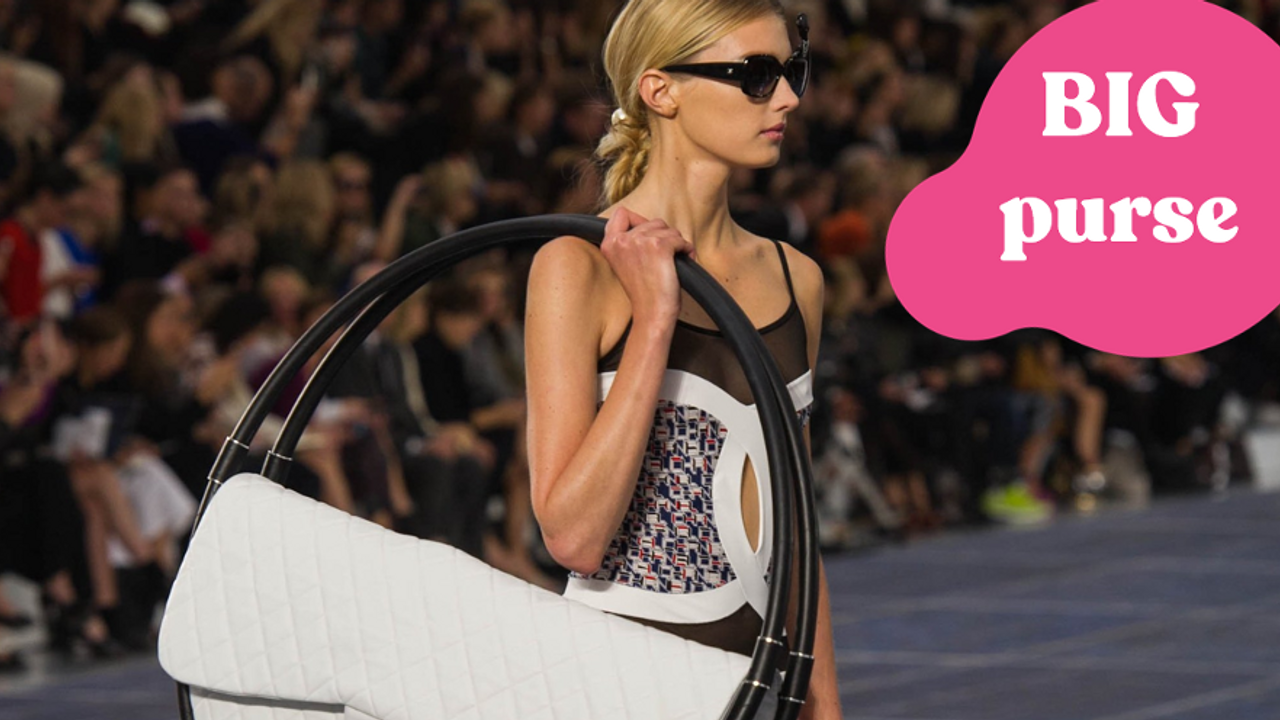
Concluding our blog series about The Four Corporate purses (budgets) that changemakers can tap into. Check out the previous blogs exploring purses 1, 2 & 3.
Let’s dive into my favourite purse – MARKETING.
Why is it my fave? Because I’m a former corporate marketer (and therefore it speaks my language); it’s the largest purse, holding the greatest potential for untied funding (hooray, untied funding!) and it can make a quiet achiever into a household name!
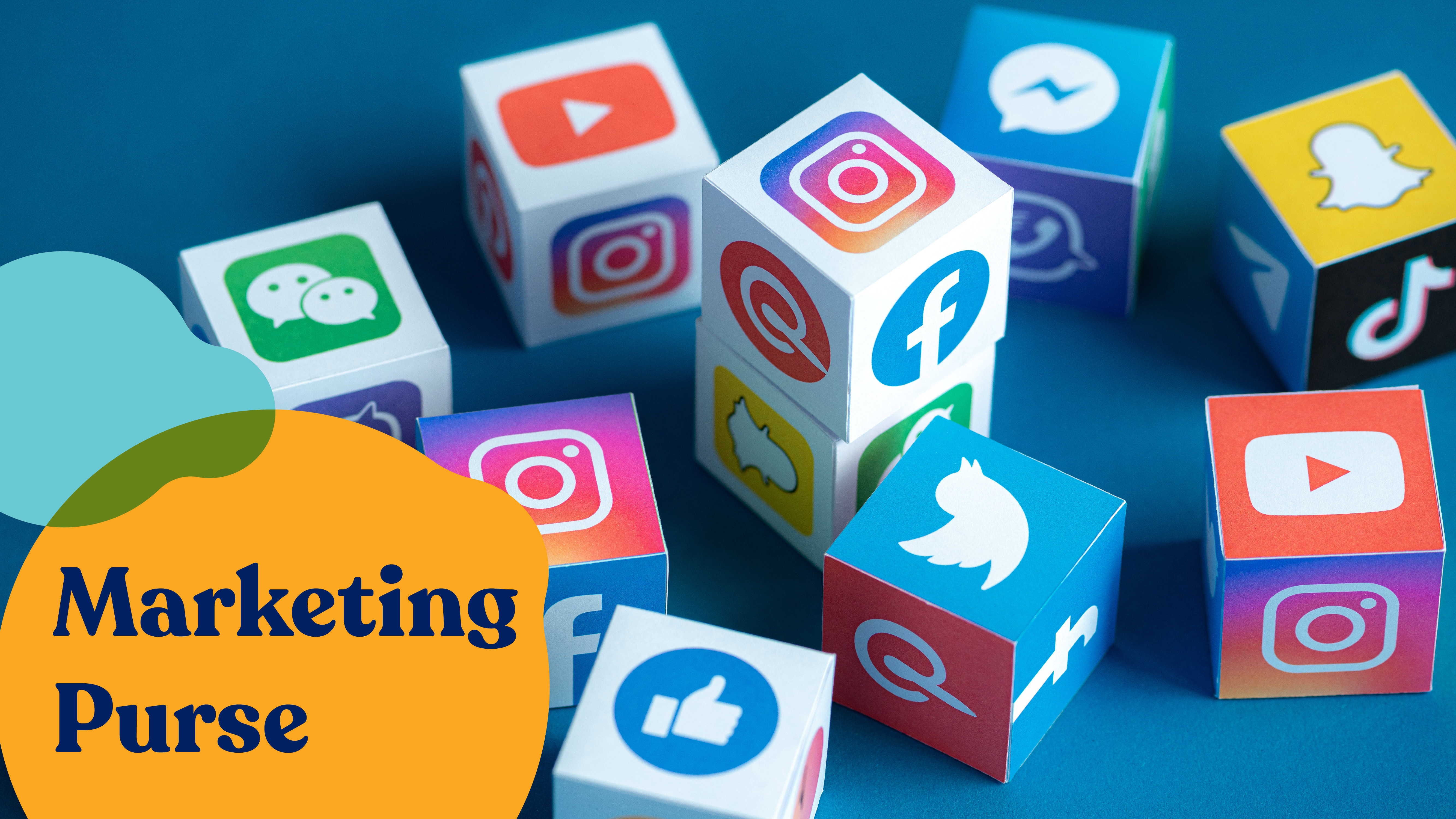
Marketing is fundamental to the survival of a company, yet it can be bamboozling for non-profits. It’s at the practical, pointy end of the spectrum, where a commercial return on investment is required. Projects like sponsorship (funding a charity event or program), brand-aligned partnerships and Cause Related Marketing are funded from this purse.
Using the wrong language with this purse-holder will result in it snapping shut. A marketing or brand manager is not interested in ‘supporting’ a charity for feel good fuzzies, and they...
A Large but Complex Purse
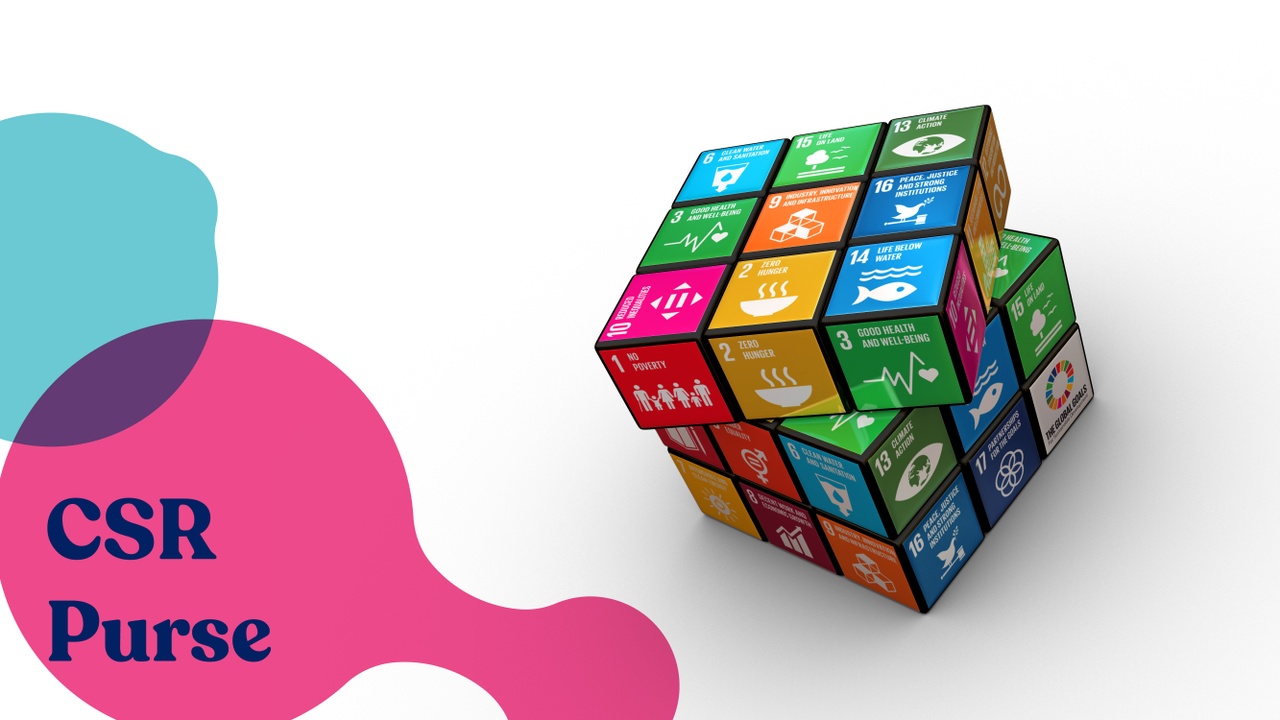
This is the third of four purses that non-profits & social enterprises can tap into when approaching corporates for resources & cash. Check out the previous blogs exploring purses 1 & 2.
As a reminder, the 4 purses are: 1) HR, 2) Philanthropy, 3) CSR, and 4) Marketing.
Let’s dive into the most exciting and fastest-growing purse, that of Corporate Social Responsibility.
Whilst large and growing the CSR/ESG purse is also the most complex purse of all, with multiple motivations, intriguing pockets of activity and the most inventive jargon!
It began in the 90’s as a simple, idealistic and completely optional idea – that companies should not only consider the financial bottom line, but also, their impacts on society and the environment. It was called the Triple Bottom Line (Planet, People and Profit). In the past 30 years, it’s mushroomed into a solid, essential part of doing business today.
Motivations range from addressing a negative impact, pressure from investors, activists and/or ...
The Familiar Purse
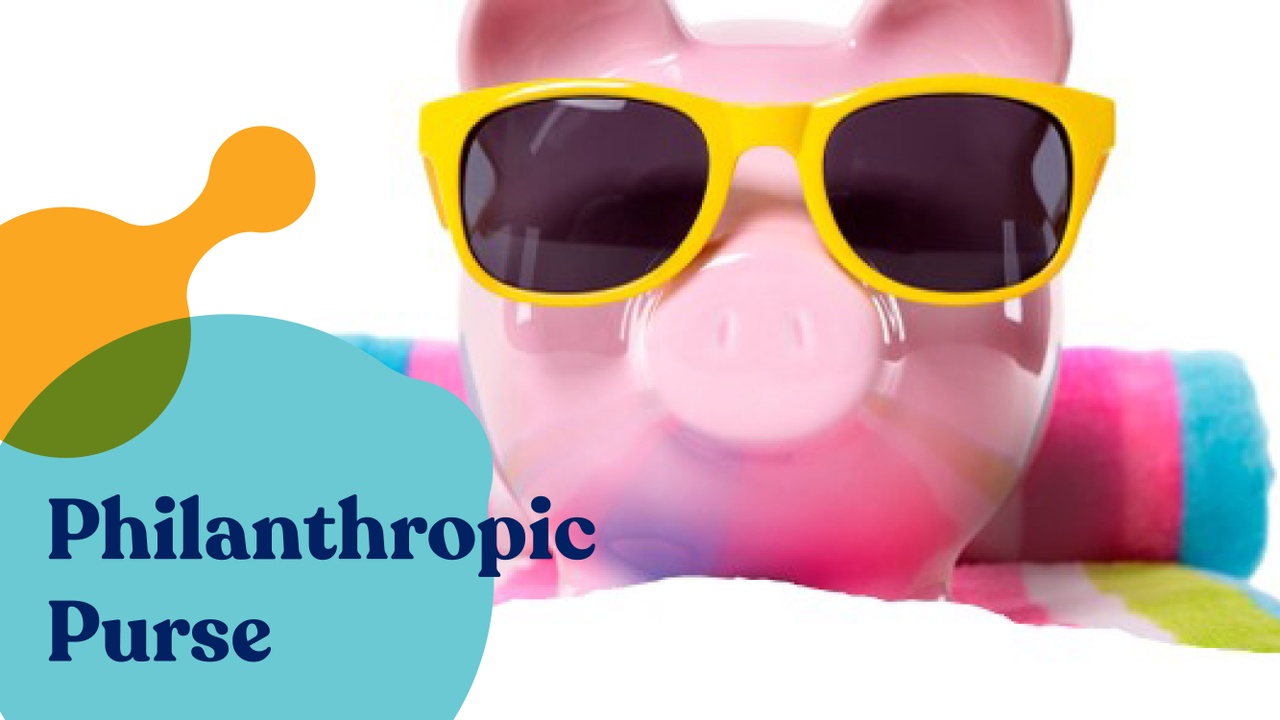
In the previous blog, I examined the first of the four purses (the HR purse) that non-profits & social enterprises can tap into when approaching corporates for resources & cash.
As a reminder, the 4 purses are: 1) HR, 2) Philanthropy, 3) CSR, and 4) Marketing.
Let’s dive into the Philanthropy purse today.
The Philanthropy purse is the most well-known to changemakers, who live and breathe philanthropy. Predominantly focused upon societal impact, this purse is likely to use jargon that you’re familiar with, such as grants, gifts and donations. Throughout my experience advising the Vodafone Foundation, Mondelez Foundation and AMP Foundation, I’ve witnessed a big shift towards corporate foundations funding a handful of strategic, business-aligned causes that deliver a tangible impact, instead of providing small grants to multiple charities.
Whilst this purse at first glance may be large, what’s important is how they slice up the pie.
The main motivation for the Philanthropic purse-hol...
The People Pleasing Purse
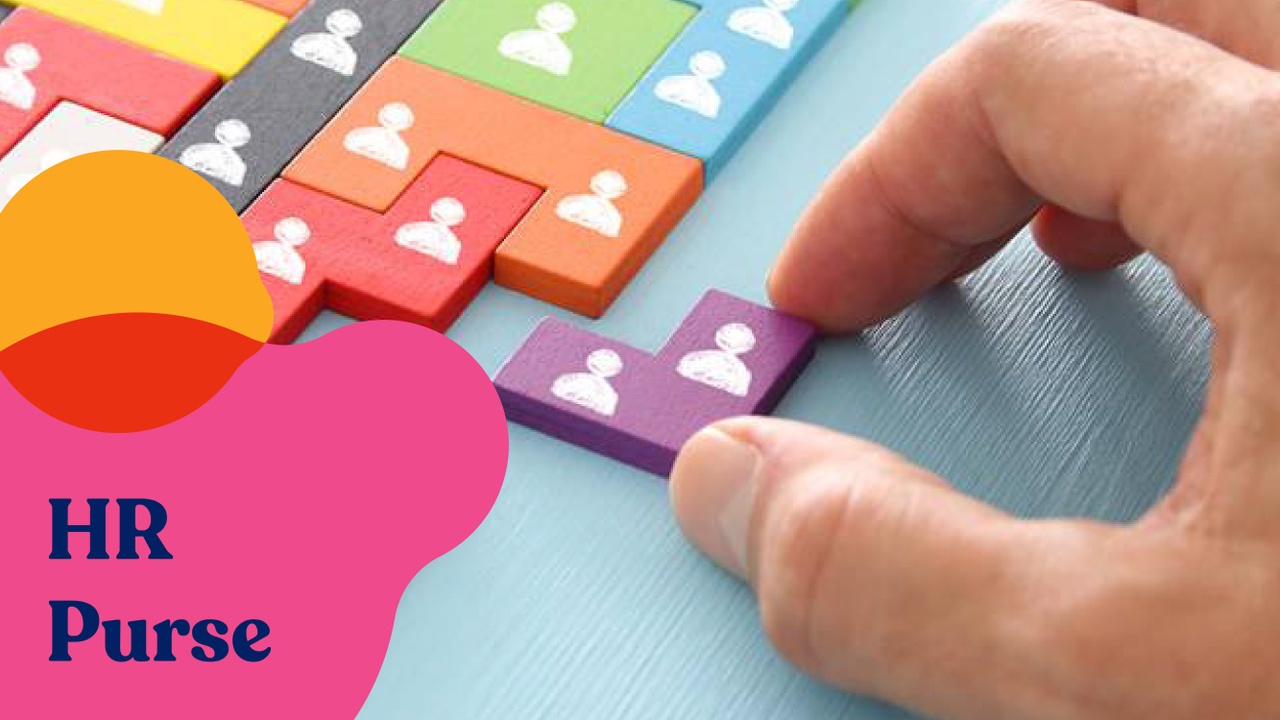
In my previous blog, I revealed the four distinct purses that non-profits & social enterprises can tap into when approaching corporates for resources & cash (yes, I put cash second, more on that later).
As a reminder, the 4 purses are: 1) HR (Human Resources), 2) Philanthropy, 3) CSR (Corporate Social Responsibility), and 4) Marketing.
Let’s start by diving into the HR purse.
Of the four purses, this one holds the smallest budget for your organisation, and yet it can be time-consuming, meeting the needs of a corporate that’s hungry for meaningful, purpose driven engagement opportunities. As the Great Resignation is being felt across the world and Australia, companies are doing all that they can to retain and attract talent. So hopefully the financial aspect of this budget may indeed grow.

Whilst not financially lucrative, this purse is great if you have knotty problems that only innovative thinking and specialist expertise can solve. Or you have big events or programs that need ...
Who Pulls the Corporate Purse Strings?
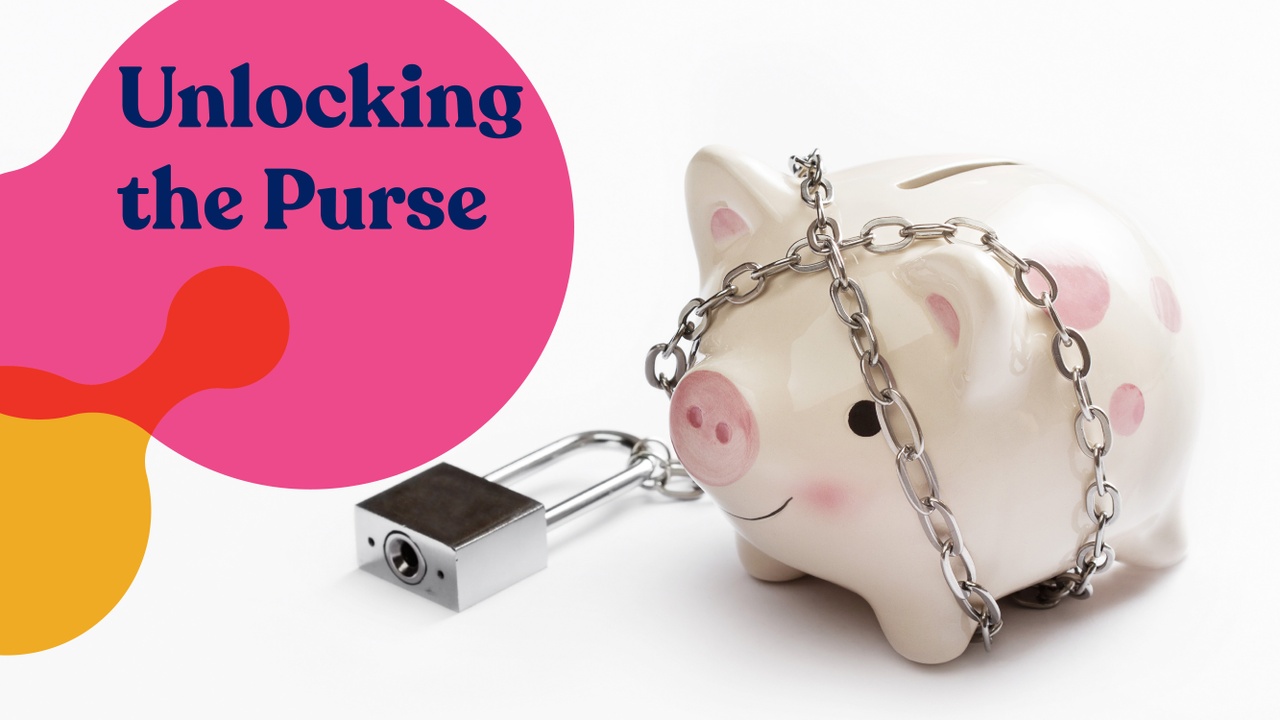
In over two decades of matchmaking companies with causes, I’ve witnessed a consistent error that non-profits make which prevents them from even securing a meeting with a prospective corporate partner. Here’s the problem: they view a corporate (that includes a company or brand) as a ‘donor’ with just one purse (budget), when in fact, there’s four purses. Additionally, non-profits often see that purse as holding just money, when there’s usually many more valuable resources that you can access. These include promotion to millions of customers (promoting your brand and also, where relevant, behaviour-changing messaging), campaigning, product (GIK), specialist skills and services, contacts and creative agencies - all of which could be potentially transformative for your non-profit.

Just like the government has numerous departments and therefore many budgets, or an individual might donate from different purses (their will, salary, or family trust) so do corporates. Consequently, with co...

